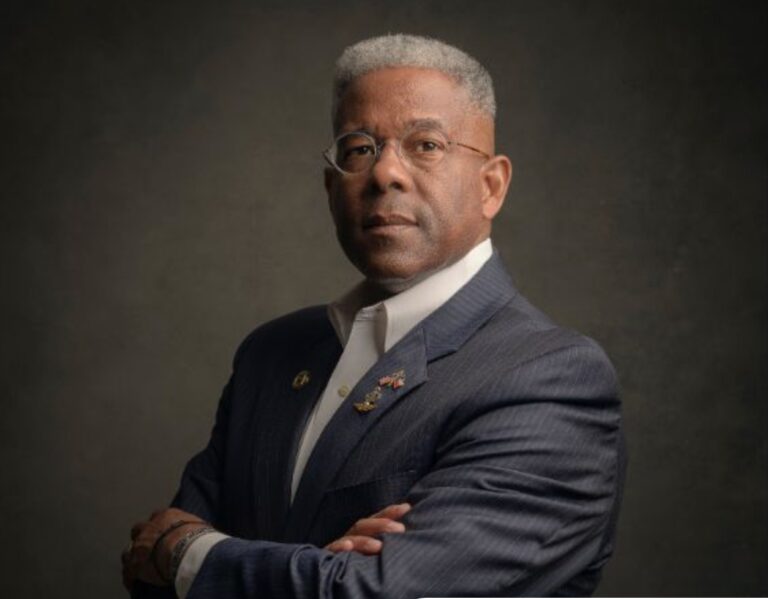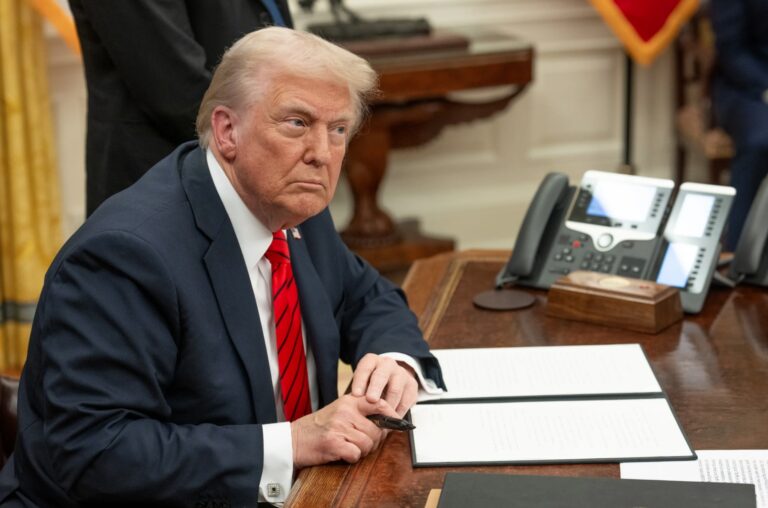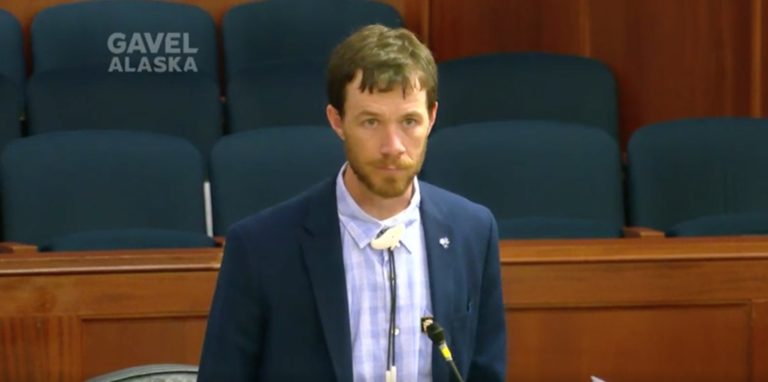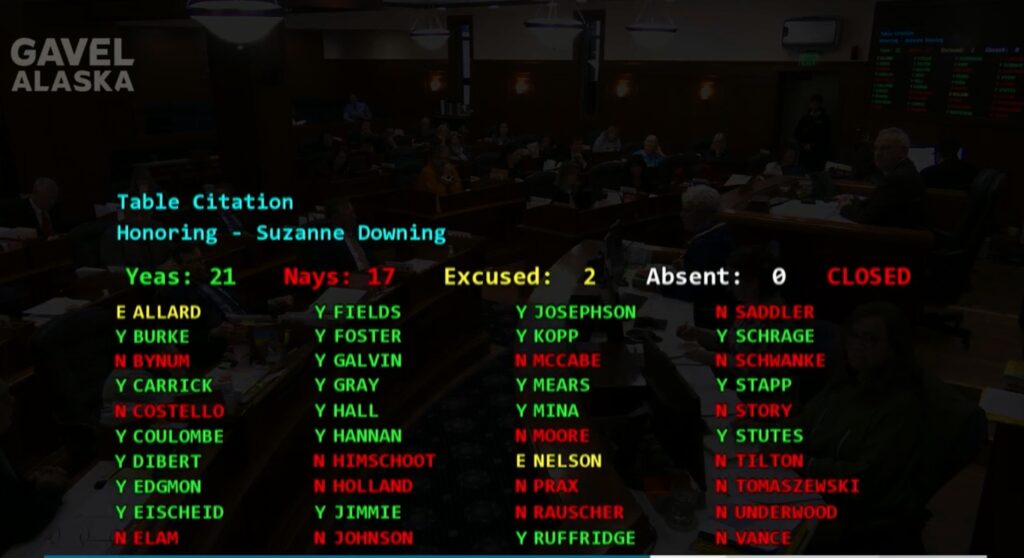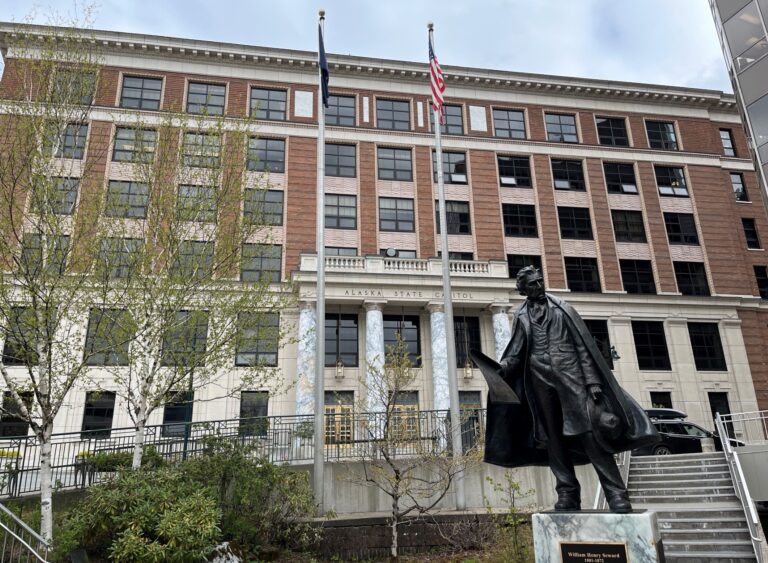In a fiery open letter issued Monday morning, Dallas, Texas GOP Chairman Allen West warned that internal divisions and voter apathy are paving the way for Democrats to flip the Lone Star State.
Titled, “Texas is being flipped,” West’s message is less a concession of defeat and more a call to arms, warning conservatives that failure to act decisively now could bring about the political transformation of Texas — one he likens to what happened in once-reliable red states like Colorado.
He could have written the missive for Alaska.
West began by recounting Republican successes in the 2024 election, where Donald Trump expanded his margin of victory in Texas to 15 points and Senator Ted Cruz won reelection by nearly 10 percent. Republican dominance in the Texas legislature was clear, with an 88-62 majority in the State House.
“It was not too long ago, in November 2024, that we celebrated a resounding political victory here in Texas. Donald Trump increased his margin of victory from 2020 from 6 percent to 15 percent. We also saw 12 of 14 border counties in Texas go for Trump. In the so-called “hotly contested” Texas Senate race, Ted Cruz cruised to victory by nearly 10 percent. Texas had a solid red majority in the State Senate and State House. All seemed well. It was such a drastic defeat for Democrats in Texas that their State Party Chairman resigned,” he wrote.
But that’s where West says the story took a turn.
“Then something happened,” he wrote, pointing to a coalition of 36 Republican House members who broke ranks to elect a Speaker with Democratic support — a move West condemns as a betrayal of party unity and grassroots voters.
“With a clear 88-62 majority in the Texas State House, 36 Republicans broke camp and joined with 49 Democrats to select the Texas Speaker of the House. Somehow, there are so-called Republicans who prance around boasting how many Texas generations they are and wearing cowboy hats saying those elected Republicans who broke their own caucus rules should not be held accountable. Well, if there was any evidence of a Pavlovian experiment, that is a prime example. We all know that if you reward bad behavior — or worse, excuse it — you will get more bad behavior. So now we have a Texas State House, with a majority of 88 Republicans passing unconscionable legislation, such as HB 366, criminalizing political memes. Here we are just days before the calendar deadline that will kill most bills, and our Republican Party of Texas legislative priorities are at risk of dying,” he wrote.
This is exactly what happened in the Alaska Legislature — a handful of Republicans now empower the Democrats and put them in charge. They call it a bipartisan coalition, but it’s run by Democrats in a state that voted 54% for Donald Trump.
West also pointed to the recent municipal election results in North Texas, where Democrats saw gains in cities like Plano, Mansfield, and Dallas. He described Republican turnout as “abysmal,” blaming a mixture of apathy and misaligned priorities among GOP officials. In a particularly pointed passage, he called out wealthy Republicans who donated to Democratic city council incumbents while continuing to host out-of-state GOP figures — behavior he likened to “burning down your own house while helping others to build theirs.”
His letter touches on a range of cultural and political grievances, including immigration enforcement, the presence of Islamic communities, and alleged efforts to implement Sharia law, themes often invoked in West’s brand of combative conservatism. He painted a picture of creeping leftist influence that is, in his view, aided and abetted by establishment Republicans unwilling to fight back.
“Texas should not have leftist election administrators who undermine the integrity of our electoral system,” West declared. “Texas should not have Democrat elected officials who feel so emboldened that they are accused of physically and verbally assaulting Republican election officials.”
Looking ahead to the 2026 midterms, West warned that the Democratic Party is banking on continued Republican infighting and disengagement. He urged constitutional conservatives to reject “distortions of reality” and take back control of the political narrative.
Drawing on the teachings of Sun Tzu, West concluded with a martial appeal: “The skilled combat leader recognizes the battlefield before the battle is even fought … The question is, how many of you have that prescient vision and are willing to make a stand and fight here in Texas?”
